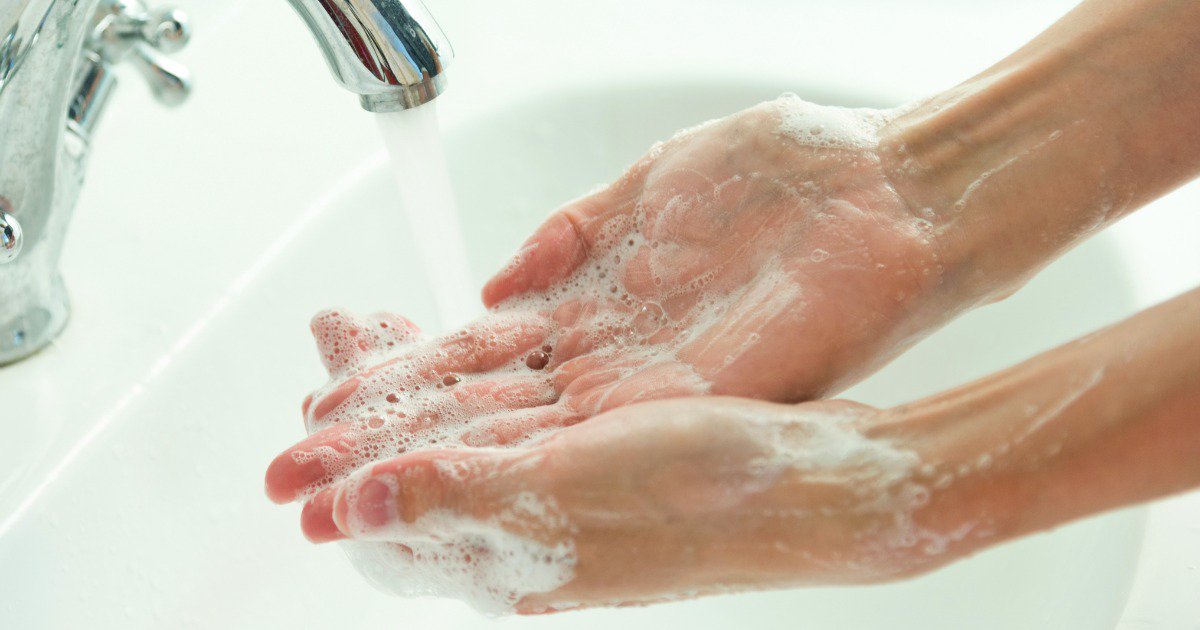How To Prevent Severe Acute Respiratory Syndrome (SARS)
Wash Hands Frequently
Since SARS and similar viruses are not preventable by vaccines, one of the strongest methods of prevention is to wash one's hands frequently. Experts suggest individuals wash their hands both before and after meals, and they should also wash their hands after cooking and after returning home from an outing. In particular, hands should be washed after using the bathroom. To effectively kill germs, scientists recommend individuals wash their hands with soapy water for at least twenty to thirty seconds. While warm water may feel more comfortable, studies show washing the hands with cold water and soap is just as effective. While washing their hands, patients should ensure they wash underneath their fingernails and between each finger. The wrists and backs of the hands should also be washed. Next, the hands should be dried with a clean towel, and patients should use the towel to turn off the faucet. If water and soap are not available, alcohol-based hand sanitizers are equally effective. When choosing one of these sanitizers, researchers recommend that patients opt for a product containing a minimum of sixty percent alcohol. To ensure effective cleaning, patients should use an amount that completely wets both hands, and the product should be rubbed into the hands until they are dry.
Learn more strategies for preventing SARS now.
Wear A Mask

Since the SARS virus is transmitted through the air, individuals may wish to wear a mask when they are around infected patients or out in public. Indeed, during the SARS pandemic in the early 2000s, individuals frequently wore masks while traveling through crowded areas and using public transportation. The mask not only helps protect individuals from infection through droplets, but it also serves to catch any droplets the wearer may release through coughing and sneezing, thus protecting others from exposure. Studies of flu and the common cold, both of which can be transmitted through the air, have shown the combination of wearing a mask and practicing proper hand washing techniques can reduce an individual's risk of these illnesses by up to eighty percent. Individuals who wish to wear a mask typically choose from facemasks or respirators. While facemasks protect against the inhalation of large droplets, smaller droplets can still pass through these masks. Respirators prevent the inhalation of both large and small droplets. Facemasks should never be reused; a new facemask should be worn each time an individual goes out or tends to a sick person.
Uncover more details on preventing SARS now.
